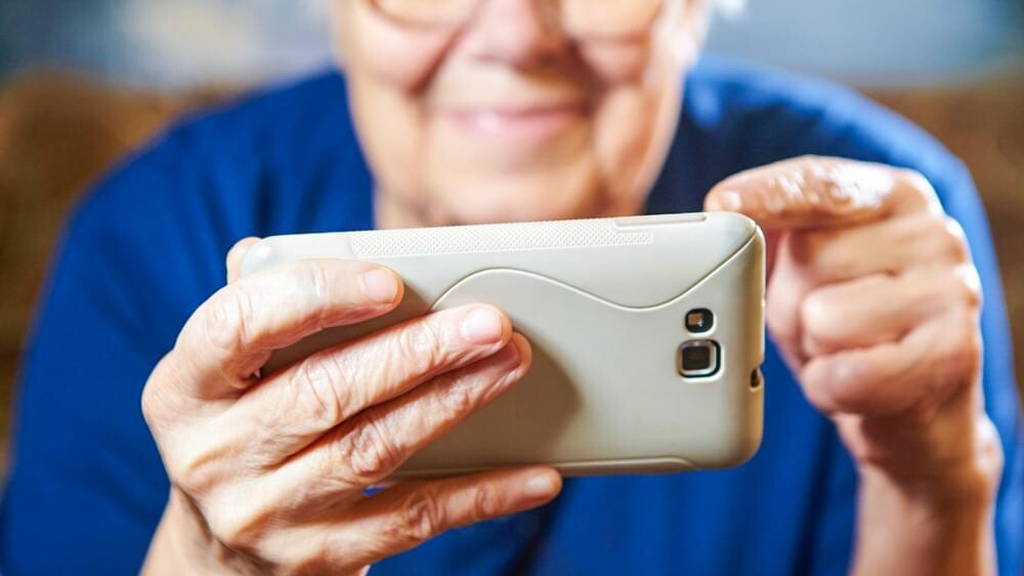Smartphones and healthcare seem to be a match made in heaven. Several big – and not so big – players in the healthcare industry use the everyday companion of many people to research, coach and analyse people’s health. Sense.ly, for example, recently introduced their first Virtual Reality nurse app, whilst Mats Nilsson of Stockholm University created a specially designed portable DNA analyser for a Nokia phone. Researchers at both the University of Washington and the Georgia Institute of Technology are now working on making a smartphone a mobile laboratory which can monitor bone density, calculate red blood cell levels and offer support in dealing with chronic conditions.
The University of Washington is also developing a new app using motion sensors to detect osteoporosis. The app will allow the user to tap their elbow on their phone to create a frequency response. This frequency changes whenever a bone reduces in density, which is what happens with osteoporosis.
It’s clear that sensors on mobile phones can be repurposed in interesting new ways. These sensors keep getting better, which increases the opportunities they offer. At one point, using the smartphone as a pocket doctor could mean that disease management can be carried out outside of a clinic. This would reduce costs for both the patients and healthcare professionals, as well as giving the patient control over their data.
Repurposing sensors on a mobile phone
Professor Shwetak Patel, of the University of Washington, is one of these researchers. He is now working on HemaApp, an app which uses the phone’s camera to detect red blood cell levels. The user simply places his or her finger over the camera and flashes, which makes the flash shine through the skin. It’s an easy way to screen blood and could quickly spot anaemia.The University of Washington is also developing a new app using motion sensors to detect osteoporosis. The app will allow the user to tap their elbow on their phone to create a frequency response. This frequency changes whenever a bone reduces in density, which is what happens with osteoporosis.
A smartphone as a personal support system
Elizabeth Mynatt, of Georgia Institute of Technology, has her focus on supporting patients who are dealing with chronic conditions like diabetes or cancer. She uses computers and smartphones to achieve this goal. Mynatt has helped develop apps for people to track and manage their condition. The apps remind people to attend appointments, tell them which symptoms to expect after chemotherapy and keep a personal file of each patient. This offers the patients a day-to-day support system, which helps people prepare in difficult times so they have one less thing to worry about.It’s clear that sensors on mobile phones can be repurposed in interesting new ways. These sensors keep getting better, which increases the opportunities they offer. At one point, using the smartphone as a pocket doctor could mean that disease management can be carried out outside of a clinic. This would reduce costs for both the patients and healthcare professionals, as well as giving the patient control over their data.






